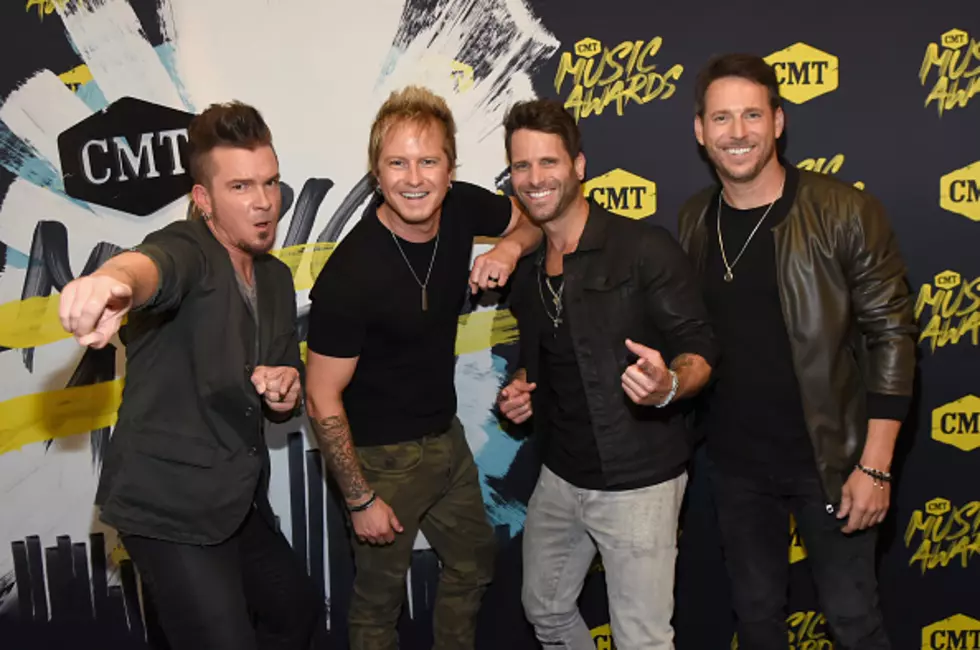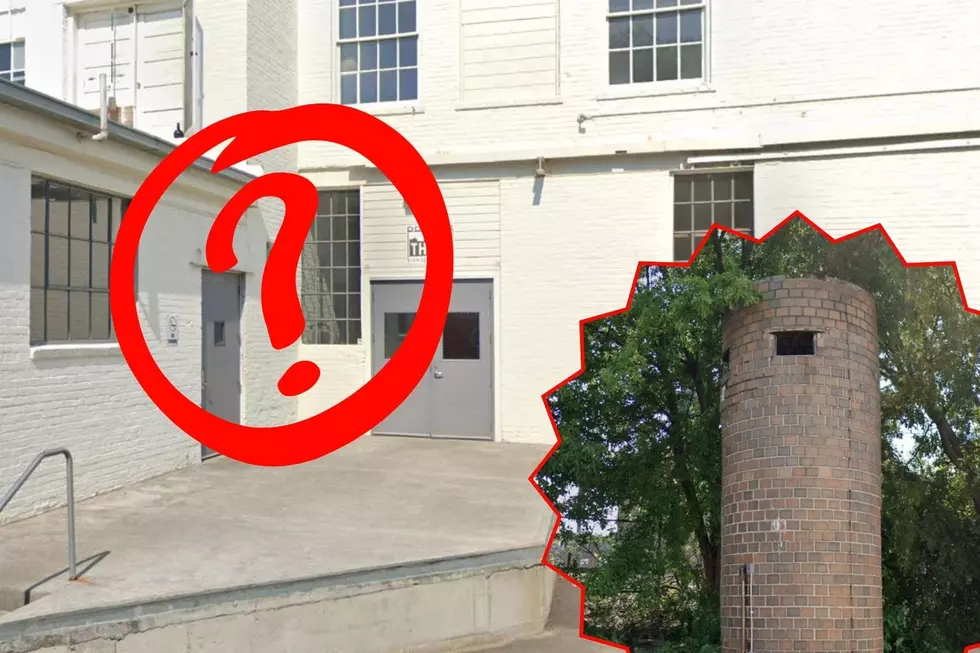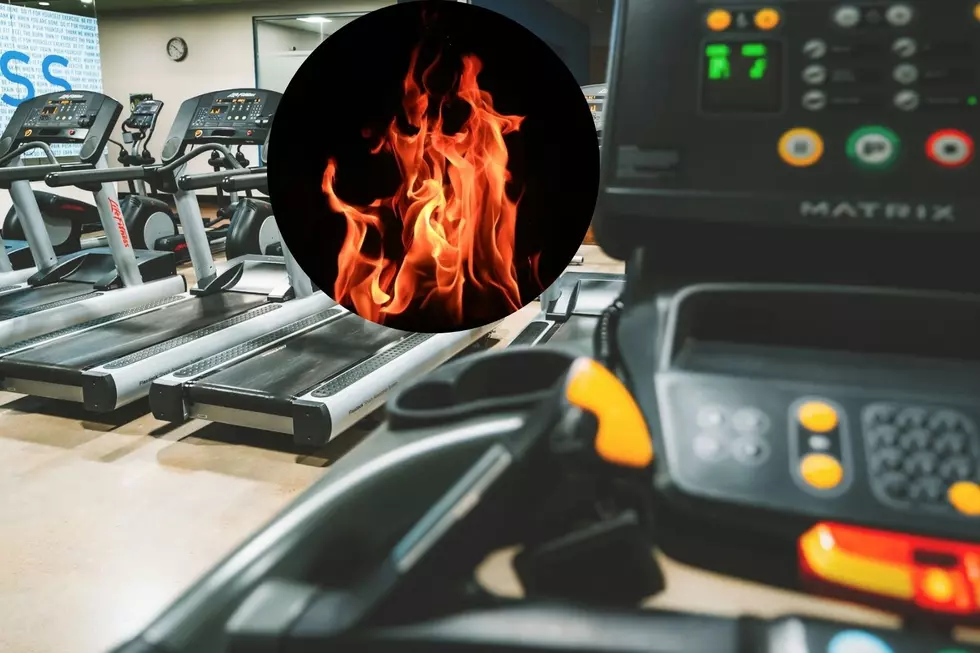
Not Today! People Over 45 Shouldn’t Be Doing This Anymore
SHOULD I STOP SNOW SHOVELING?
Apparently, I shouldn't be shoveling snow anymore; but I see and know a lot of people that are older than me that have to shovel snow every year. We really don't have much of a choice, do we?
According to AARP, 200,000 people were treated for snow shoveling incidents between 1990 and 2006, and out of that, approximately 1600 deaths were cardiac-related.

WHAT SHOVELING SNOW DOES TO YOUR BODY
According to the study, shoveling snow drives up people's heart rates and blood pressure, and since shoveling requires people to use their arm muscles that are not often used, blood tends to pool in the lower extremities. On top of that, the cold temperatures add to the problem, as cold constricts arteries, which decreases the amount of oxygen and blood that can reach your heart.
The study shows that 85 percent of US adults that are 50 or older, typically already have some type of coronary artery disease. Because of that, it is recommended that anyone over 45 not shovel.
HOW TO KNOW IF THE RISK FACTORS APPLY TO YOU
So you shovel snow and plan on doing it again soon. You should consider the following before you do:
- Do you have a risk of cardiac or vascular disease?
- Are you obese for your age?
- Do you smoke?
- Do you have high blood pressure?
- Do you have high cholesterol?
- Do you have diabetes?
- Do you have other chronic conditions?
If you HAVE to shovel, consider:
- Don't shovel snow immediately after eating
- Push the snow, don't lift it.
- Lift only small loads
- Protect your back by bending your knees and lifting with your legs
- Dress appropriately for the weather.
- Take your time shoveling.
- Call 911 if you are experiencing a heart attack. symptoms include chest discomfort, shortness of breath, lightheadedness or nausea, breaking out in a cold sweat, and discomfort in one or both arms, back, jaw, neck or stomach.
8 Field Trips All Central Minnesota Kids Went On
Come Explore Foley, Minnesota in Pictures
Minnesota Area Codes as Work Shoes
More From 98.1 Minnesota's New Country









